The study, led by Dr. Liu and her team, analyzed the genetic and cellular mechanisms underlying the formation of the brood pouch in male seahorses. They found that the process is remarkably similar to the development of the placenta in mammals, which is responsible for providing nutrients and oxygen to the fetus during pregnancy. This similarity suggests that the evolutionary pressures driving the development of these reproductive traits may have been more similar than previously thought.
"We were surprised to find that the molecular mechanisms underlying the formation of the brood pouch in seahorses are so similar to those involved in mammalian pregnancy," said Dr. Liu in an interview. "This suggests that the evolutionary pressures driving the development of these traits may have been more similar than previously thought."
The discovery has significant implications for our understanding of the evolution of reproductive traits in animals. It suggests that the development of complex reproductive traits may be more conserved across species than previously thought, and that the evolutionary pressures driving these traits may be more similar than previously thought.
The study also highlights the importance of studying the reproductive biology of non-traditional species, such as seahorses, to gain a deeper understanding of the evolution of reproductive traits. "Seahorses are often overlooked in studies of reproductive biology, but they offer a unique window into the evolution of complex reproductive traits," said Dr. Liu.
The findings of the study have also sparked interest in the potential applications of this research. "Understanding the molecular mechanisms underlying the formation of the brood pouch in seahorses could have implications for the development of new reproductive technologies, such as in vitro fertilization," said Dr. Liu.
The study was published in the journal Nature and is available online. The research was funded by the National Science Foundation and the National Institutes of Health.
In related news, researchers are currently studying the reproductive biology of other species, such as pipefish and sea dragons, to gain a deeper understanding of the evolution of complex reproductive traits. The findings of these studies are expected to be published in the coming months.
As research continues to uncover the secrets of the seahorse's brood pouch, scientists are gaining a deeper understanding of the evolution of reproductive traits in animals. The discovery has significant implications for our understanding of the evolution of complex traits and highlights the importance of studying non-traditional species to gain a deeper understanding of the natural world.
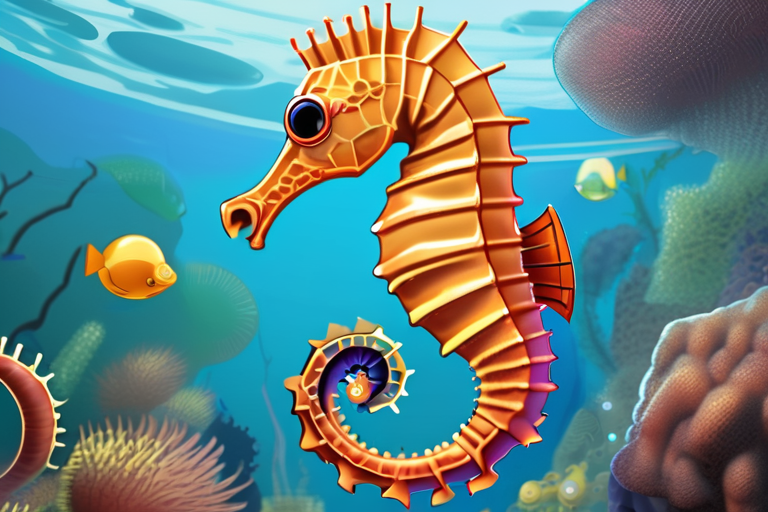







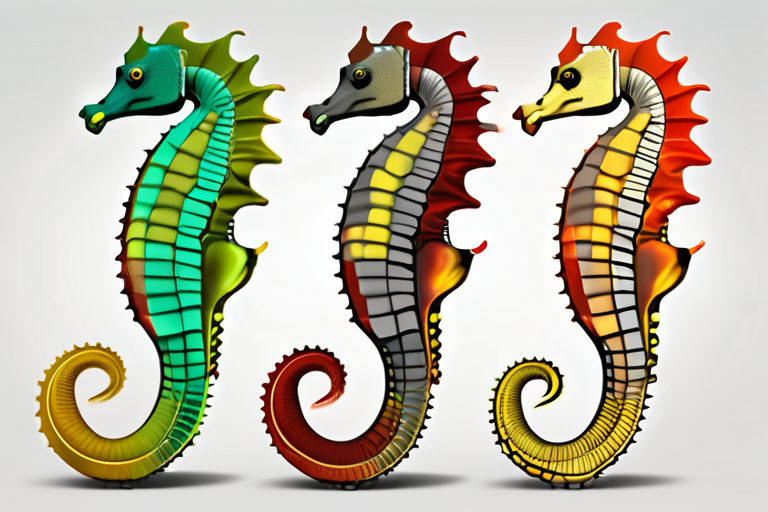



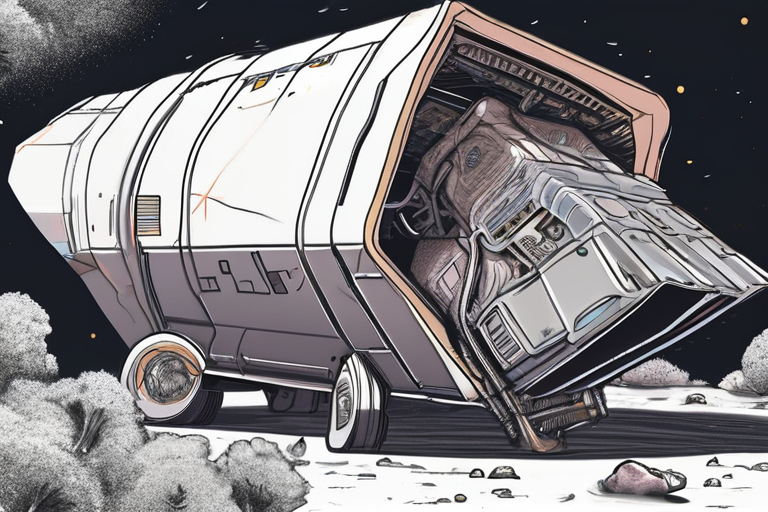






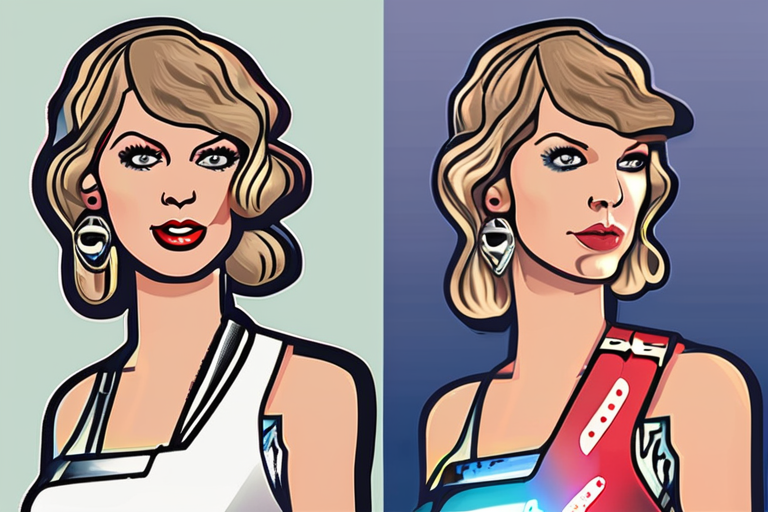



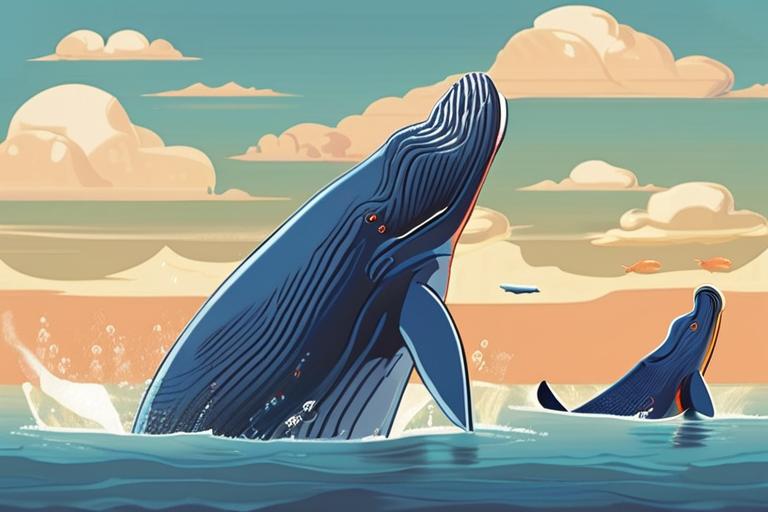


Share & Engage Share
Share this article